Summaries of books about History & Biographies:

Tears in the Wind
Triumph and Tragedy on America’s Highest Peak
Larry Semento
The book chronicles the author's personal journey and experiences while climbing Denali, North America's highest peak, detailing the physical and emotional challenges faced during the expedition. It also explores the broader themes of adventure, risk, and the thin line between success and disaster in the unforgiving environment of high-altitude mountaineering.
See full summary
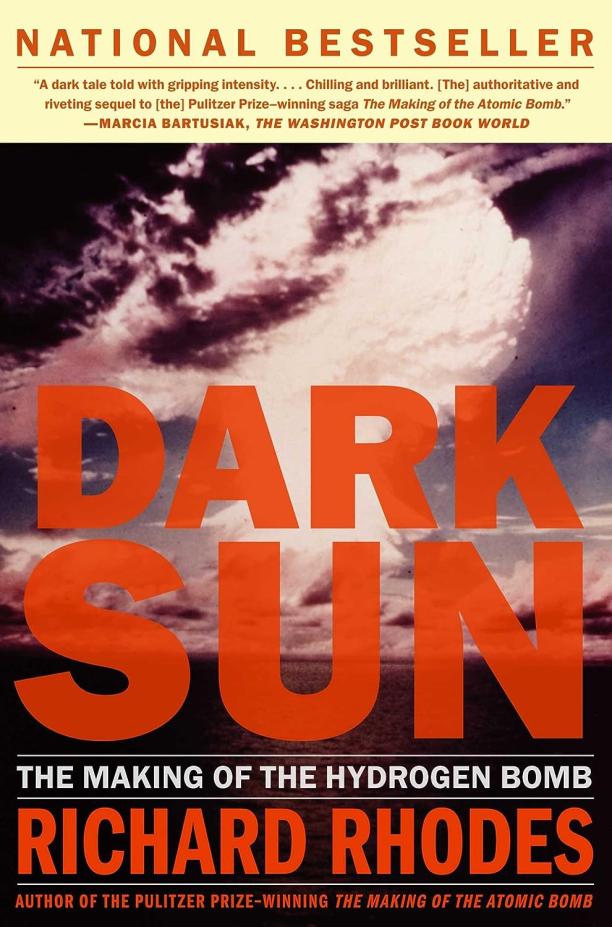
Dark Sun
The Making Of The Hydrogen Bomb
Richard Rhodes
The book provides a detailed history of the development of the hydrogen bomb, exploring the scientific discoveries, political pressures, and moral dilemmas that accompanied its creation. It delves into the lives of key figures involved in the bomb's development, the espionage between the United States and the Soviet Union, and the profound implications of thermonuclear warfare on global politics and human society.
See full summary
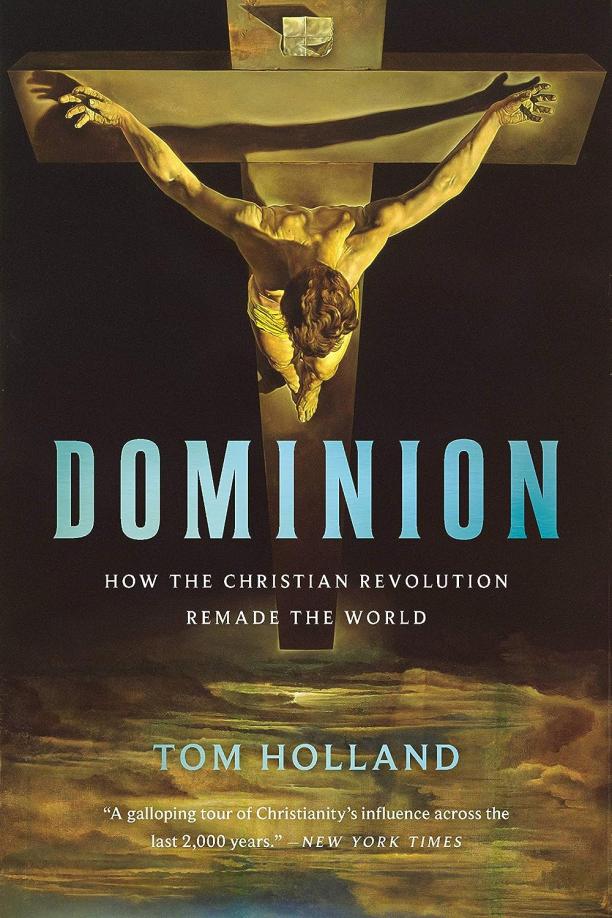
Dominion
How the Christian Revolution Remade the World
Tom Holland
The book explores the profound influence of Christianity on Western civilization, tracing its impact on morals, laws, and human rights. It argues that many contemporary values, such as the belief in equality and the sanctity of life, have deep roots in Christian doctrine and history.
See full summary
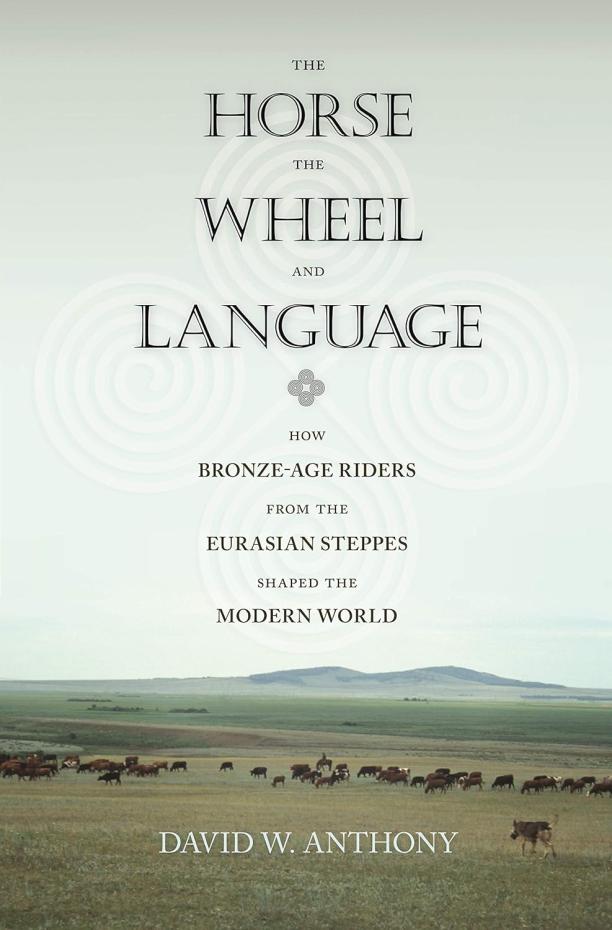
The Horse, the Wheel, and Language
How Bronze-Age Riders from the Eurasian Steppes Shaped the Modern World
David W. Anthony
The book explores the origins and impact of the Indo-European languages, tracing their roots to the nomadic peoples of the Eurasian steppes who harnessed horseback riding and chariot technology. It discusses how these innovations facilitated the spread of language and culture, profoundly influencing the structure of modern societies.
See full summary
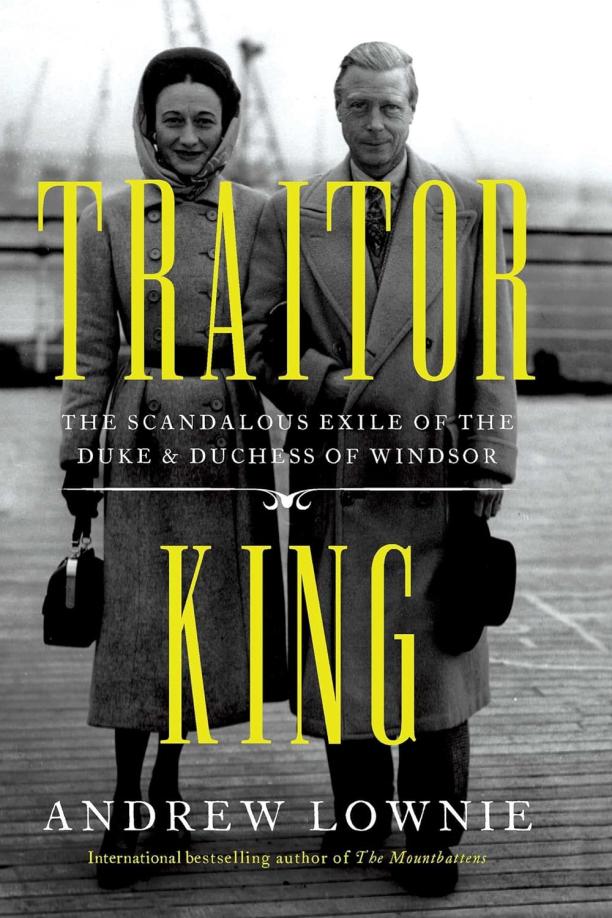
Traitor King
The Scandalous Exile of the Duke & Duchess of Windsor
Andrew Lownie
The book delves into the post-abdication lives of Edward VIII and Wallis Simpson, exploring their controversial relationships with Nazi Germany and their luxurious yet unfulfilled existence in exile. It sheds light on their political intrigues, financial struggles, and the British establishment's efforts to manage the potential threat they posed to the monarchy.
See full summary
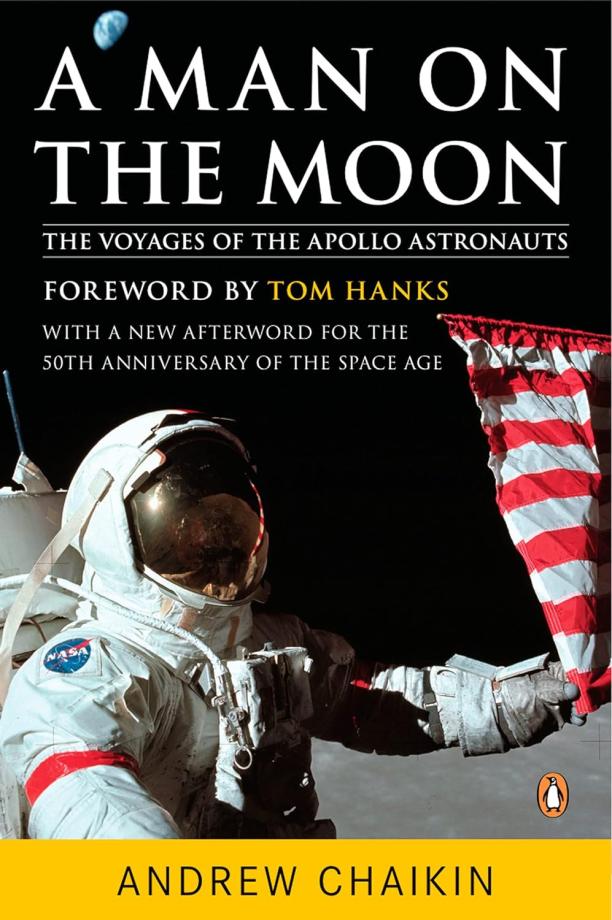
A Man on the Moon
The Voyages of the Apollo Astronauts
Andrew Chaikin
The book chronicles the history of the Apollo space program, detailing the experiences and challenges faced by the astronauts who journeyed to the moon. It provides an in-depth look at the missions, from the triumph of the first moon landing to the near-disaster of Apollo 13, through interviews and extensive research.
See full summary

From Beirut to Jerusalem
Thomas L. Friedman
The book provides a personal account of the complexities and conflicts in the Middle East, drawing on the author's experiences as a correspondent in Beirut during the Lebanese civil war and in Jerusalem through the first intifada. It offers insights into the historical, political, and social dynamics that have shaped the region's modern history.
See full summary
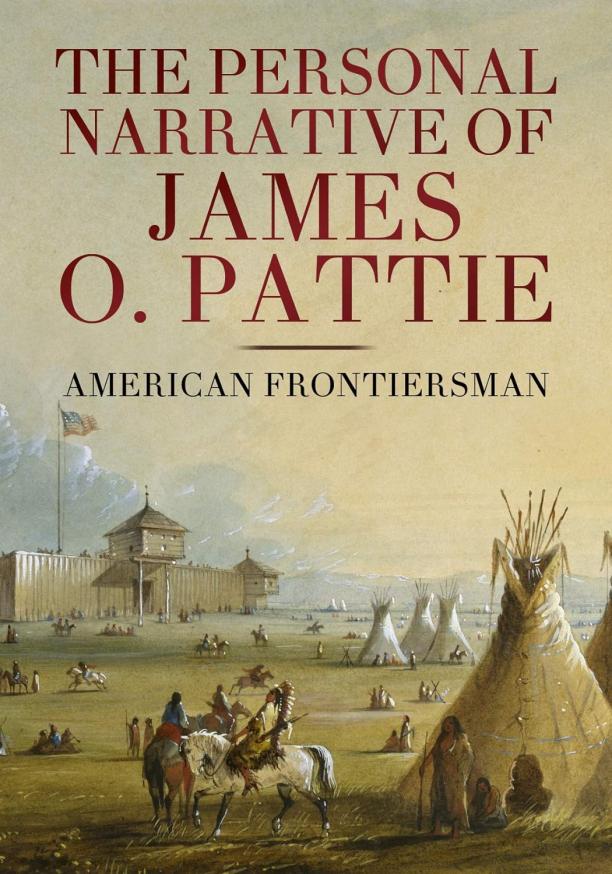
The Personal Narrative of James O. Pattie of Kentucky
James Ohio Pattie
The book recounts the adventures of a young frontiersman who, along with his father and a group of men, embarked on a trapping expedition through the American Southwest in the early 19th century. It details their encounters with Native American tribes, the challenges of wilderness survival, and Pattie's eventual imprisonment in Mexico before his return to the United States.
See full summary
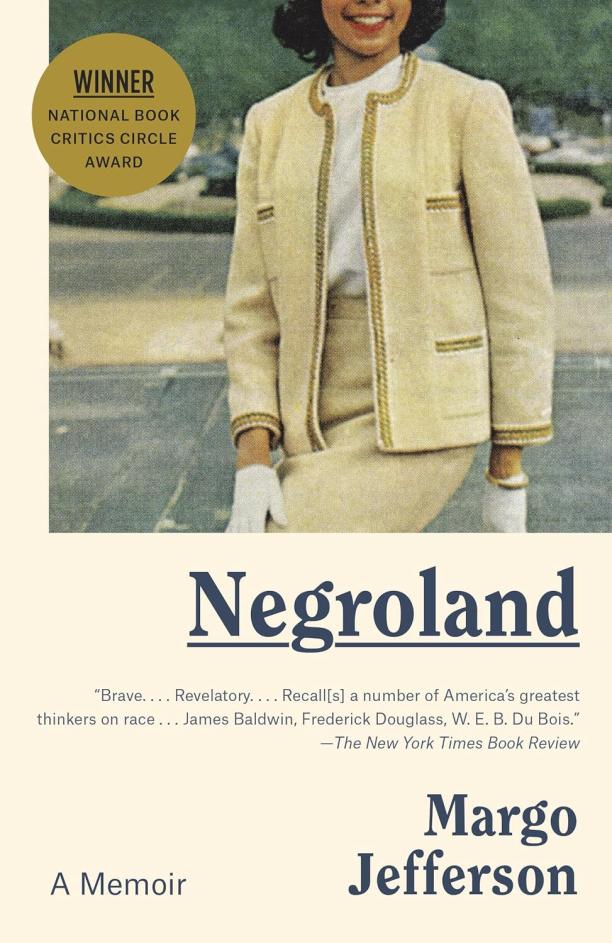
Negroland
A Memoir
Margo Jefferson
The memoir provides a detailed exploration of the author's experiences growing up in the upper echelons of the black elite in Chicago during the 1950s and 1960s. It examines the complexities of race, class, and gender, as she navigates the pressures of privilege and the weight of racial discrimination.
See full summary
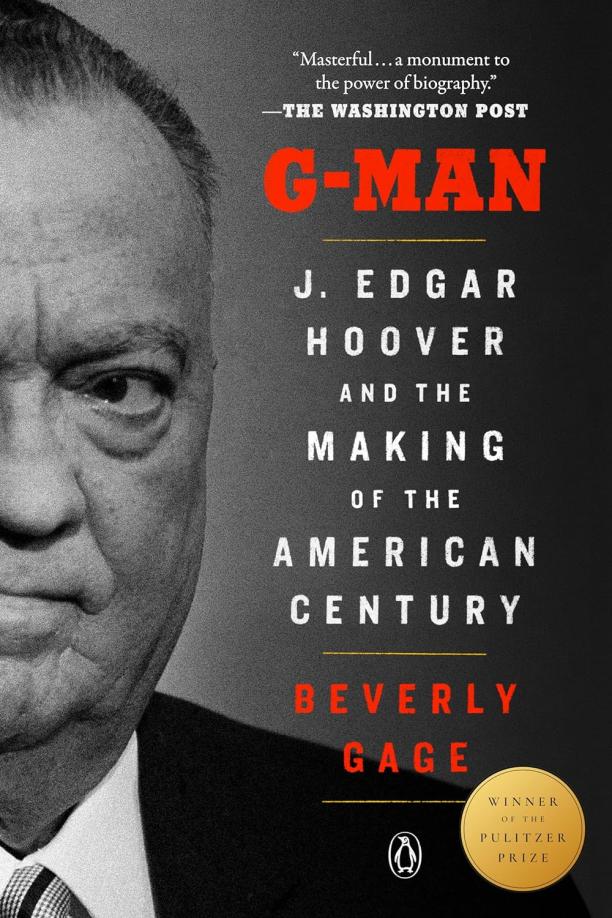
G-Man
J. Edgar Hoover and the Making of the American Century
Beverly Gage
The book delves into the life and career of J. Edgar Hoover, the controversial director of the FBI for nearly five decades, exploring his influence on American politics and law enforcement. It examines Hoover's role in shaping the FBI, his methods of surveillance and intelligence gathering, and his impact on the civil rights movement and the political landscape of the 20th century.
See full summary